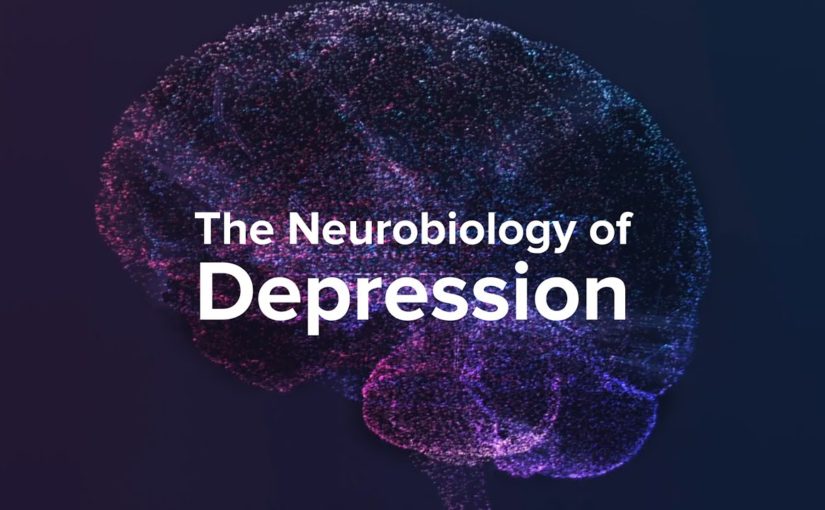00:00:24
– Neurotransmitters can be thought of as the chemical messengers within the brain. It’s what helps one cell in the brain communicate with another to pass that message along.
00:00:32
– But the reality is there are more than a hundred neurotransmitters in the brain and billions of connections between neurons.
00:00:39
So we know that that’s a limited hypothesis. – For decades, we thought that the primary pathology, the primary cause of depression was some abnormality in these neuro-transmitters, specifically serotonin or norepinephrine.
00:00:58
– However, norepinephrine and serotonin did not seem to be able to account for the symptoms of depression in people who had major depression.
00:01:08
Instead, the chemical messengers between the nerve cells in the higher centers of the brain involved in regulating mood and emotion, which include glutamate and GABA, were possibilities as alternative causes for the symptoms of depression. – We know that these two, which are the most ubiquitous and abundant neurotransmitters in the brain, actually regulate how the brain is changing over time and adapting. – When you are exposed to severe and chronic stress like people experience when they have depression, you lose some of this connections between the nerve cells and the communication in these circuits becomes inefficient and noisy.
00:01:56
Because of the noisy communication in the circuits involved in regulating mood and emotion, we think that the loss of these synaptic connections contributes to the biology of depression.
00:02:19
– It’s critical to understand the neurobiology of depression and how the brain plays a role in that for two main reasons. One, it helps us understand how the disease develops and progresses and we can start to target treatments based on that. – There are clear differences between a healthy brain and a depressed brain. And the exciting thing is when you treat that depression effectively, the brain goes back to looking like a healthy brain.
00:02:47
– We recognize that the treatment for depression is a longterm process because for many people depression is a longterm disorder.
00:02:56
So we need new treatments.
00:02:58
We’ve needed new ways to approach depression for people that haven’t responded well to their prior treatments.
00:03:05
– We are in a new era of psychiatry. This is a paradigm shift away from a model of monoaminergic deficiency to a fuller understanding of the brain as a complex neurochemical organ.



